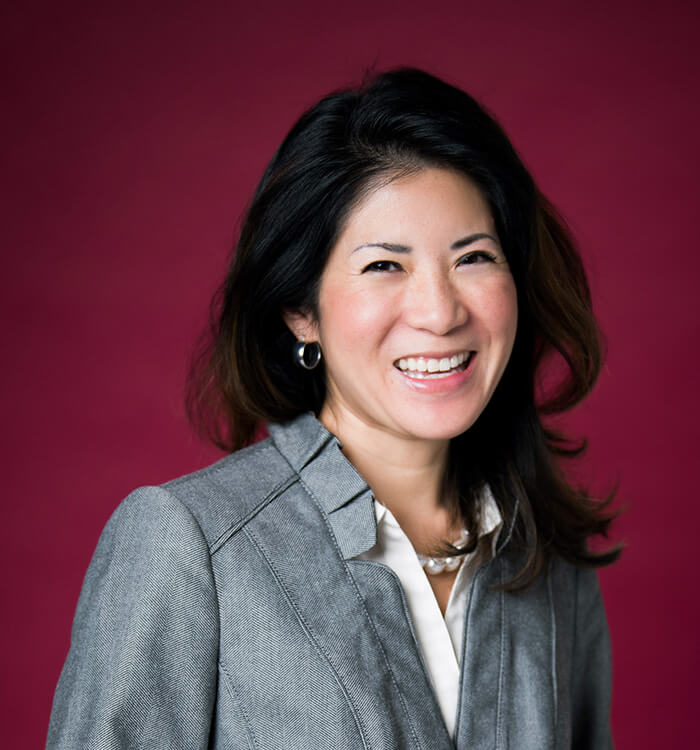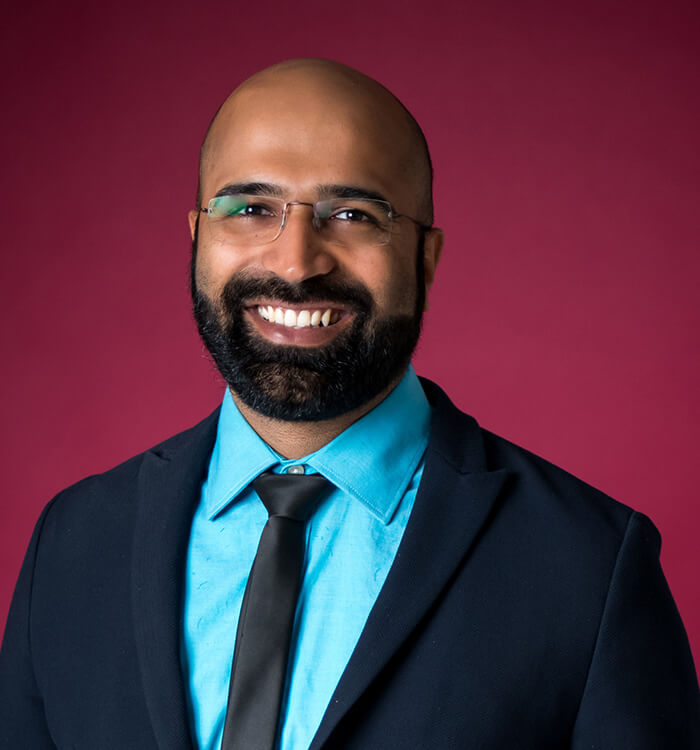Changes in Penile Microbiome Following Pediatric Circumcision
February 14, 2023
Innovations in Urology | Winter 2023
A proof-of-concept study of penile microbiome showed a significant reduction in the bioburden of pathogenic bacteria and fungi post-circumcision. As the primary site for the novel project, University Hospitals Cleveland Medical Center and Case Western Reserve University physician-researchers and scientists collaborated with peers at academic medical centers nationwide, along with a colleague from the Indian Institute of Technology in Delhi.
 Lynn Woo, MD
Lynn Woo, MD Kirtishri Mishra,MD
Kirtishri Mishra,MD Laura Bukavina, MD, MPH
Laura Bukavina, MD, MPHResearchers analyzed paired samples collected at UH Rainbow Babies & Children’s Hospital via peri-urethral swabs before and after circumcision in 11 prepubertal boys. The results were recently published in European Urology Focus, and team members were interviewed by WebMD about their findings.
“It is a huge accomplishment to have this project recognized by a well-known online medical presence like WebMD,” says Lynn Woo, MD, Division Chief of Pediatric Urology at UH Rainbow.
Cross-Institutional Collaboration
Here in Cleveland, University Hospitals physicians representing subspecialties, including pediatric urology, urologic oncology and reconstructive urology, worked in partnership with the Center for Medical Mycology at Case Wesstern Reserve University School of Medicine. The center is directed by Mahmoud Ghannoum, PhD, the scientist credited with naming the mycobiome.
This innovative project grew out of a collaboration between physician-researchers and scientists who shared a common purpose. “An exceptional benefit of being associated with such prestigious programs, supportive faculty, and motivated trainees is the opportunity to combine different areas of expertise to present an exciting result to the world,” says Dr. Woo. “The partnership has allowed us to utilize resources outside of clinical practice as we think about a basic science mechanism.”
Research Methods and Findings
“The study of microbiome urology is significantly lagging behind other disciplines, particularly compared to our understanding of the microbiome of the gut or skin,” says Kirtishri Mishra, MD, a Reconstructive Urologist within the UH Urology Institute. “We started with a straightforward question: Is there a difference between the penile microbiome in individuals who are circumcised versus those who are not?”
Using methods adapted from the National Institutes of Health (NIH) Human Microbiome Project, the researchers completed complex sequencing of bacterial and fungal RNA. “With NextGen sequencing, we are able to identify genus that are present at much lower concentrations,” says Laura Bukavina, MD, MPH, a specialist in rrologic oncology who completed her residency at University Hospitals Cleveland Medical Center and will return as faculty after completing a prestigious Urologic Oncology Fellowship at Temple University’s Fox Chase Cancer Center. “We found stark differences – hundreds and hundreds of times less in terms of prevalence in bacteriome and mycobiome after circumcision.” In fact, the post-circumcision samples were similar to what is typically defined as healthy skin flora.
“A strength of our study is that the recruited patients were prepubescent males who had no major comorbidities,” says Dr. Mishra. “No specific pathology led to the parent seeking circumcision, making this the ideal population because they do not have predisposing factors such as diabetes that may introduce confounding variables.”
Hopefully, future profiling of the microbiome will uncover potential inducers of chronic inflammation. “When we have this constant cascade, we are concerned about mechanisms for inflammation or oncogenesis,” says Dr. Bukavina. “Specifically, we are looking at small bioactive molecules produced by bacteria and fungi as a potential causative link to some of the disease states we see down the line.”
A Contentious Debate
Circumcision remains a highly personal topic of debate and uncertainty for parents and guardians across the United States. The American Academy of Pediatrics (AAP) guidelines state that “the health benefits of circumcision outweigh the risks, but these benefits are not enough to recommend universal newborn circumcision. Therefore, it is the guardians’ decision to circumcise their son.”1
Documented benefits of circumcision include:
- Significant reductions in urinary tract infection risk in the first year of life
- Reduction in risk of HIV and other sexually transmitted infections or transmitting infection to partners
- Reduced risk of prostate cancer
- Greatly reduced risk of penile cancer
Although rare, 99 percent of penile cancer occurs in uncircumcised men or men circumcised later in life.
“More work needs to be done, but our results on the microbiome are intriguing. I think we were all surprised to find such dramatic differences,” says Dr. Woo. “We do not purport to have definitive answers, but this initial research reinforces evidence of potential benefits of circumcision. As a pediatric provider, my role is to offer current, accurate information so that parents and guardians can make an informed choice.”
For more information, contact Dr. Mishra at Kirtishri.Mishra2@UHhospitals.org or Dr. Woo at Lynn.Woo@UHhospitals.org.
1 Guevara, C. G., Achua, J. K., Blachman-Braun, R., Cabrera-Valencia, I., Ransford, G. A., Gosalbez, R., Labbie, A. S., Castellan, M. A., & Alam, A. (2021). Neonatal Circumcision: What Are the Factors Affecting Parental Decision?. Cureus, 13(11), e19415. https://doi.org/10.7759/cureus.19415
Contributing Experts:
Lynn Woo, MD
Division Chief, Pediatric Urology
UH Rainbow Babies & Children’s Hospital
Program Director, Urology Residency
University Hospitals Cleveland Medical Center
Associate Professor of Urology
Case Western Reserve University School of Medicine
Kirtishri Mishra, MD
Reconstructive Urologist
University Hospitals Urology Institute
University Hospitals Cleveland Medical Center
Laura Bukavina, MD, MPH
Incoming Faculty
Urologic Oncology Fellow
Fox Chase Cancer Center
Temple University School of Medicine


